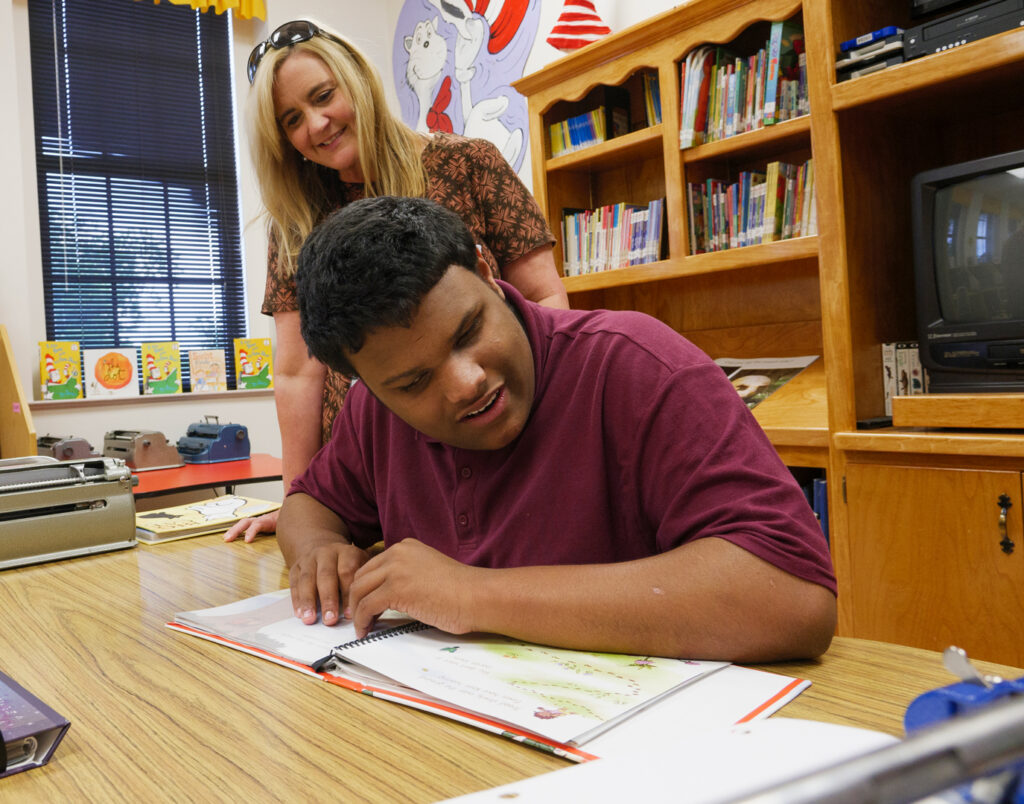Lesson 1: Student-led Instruction

Name(s) of student(s):
Age and grade level:
Goal from IEP connected to lesson:
Objective from IEP connected to lesson:
Purpose of lesson: To review and develop social skills by preparing and presenting a social skills lesson to an elementary school student who is blind or low vision.
Materials needed: Internet access, materials specific to the student’s lesson
Introduction
“You have many well-developed social skills, and I’d appreciate your help teaching a young student of mine who is also blind/ low vision. Today we can review previously learned social skills and prepare a lesson for the young student.”
Discussion: Description of Child
Describe the elementary-school student, whom we will call Oliver, to the student/client. Illustrate Oliver’s assets, favorable character traits, and approximately three social skills that do not reflect his aptitudes. One example, “Oliver says he is happiest when he is playing with his friends; however, it’s hard for his friends to know he’s having a good time because he doesn’t smile at them very often.”
One chosen social skill should be a specific weakness for the client. She will gain knowledge and practice as she teaches the skill to the student.
The social skills may include eye-poking, rocking, tone of voice, voice volume, eye contact, nodding, smiling, gestures, personal space, use of touch, posture, interpreting or using body language, identifying emotions, appropriately expressing feelings, describing the child’s eye condition, asking questions, sharing, introducing oneself, offering help, asking for help, or dealing with teasing.
Exercise: Preparing a Lesson
With your support, have the student isolate three social skills to address with Oliver. The student should explore online resources to understand how to equip Oliver with these three specific skills. A lesson (or several) should be planned, including instruction and modeling, an opportunity for success, encouragement, and positive reinforcement.
Exercise: Student-Led Lesson
Student mentors Oliver by addressing his social skills and implementing the prepared lesson(s).
Review
“You mentored Oliver today. I’m proud of your modeling and instruction of social skills. What did you learn from this experience?”
Progress notes, data collection, comments, and modifications: